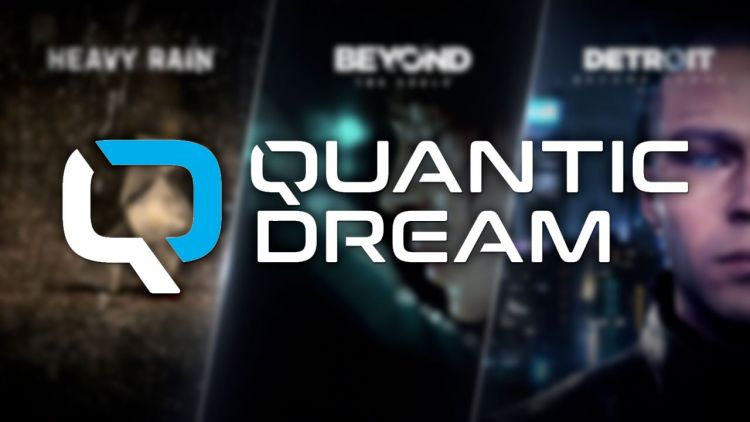During The Game Awards 2021, one of the initial game reveals was a Star Wars game. Gamers sat there, entranced and excited by the prospect of a new Star Wars game after the success story that was Jedi: Fallen Order. What could this be? Could it be a sequel to that title, or something completely new?
As the trailer went on it became clear that this was set during the High Republic era of Star Wars, then the title was revealed as Star Wars Eclipse. Worldwide, every viewer was intrigued by a solid five seconds before all sighing a collective sigh as the developer of the game was revealed to be that of Quantic Dream, known for Beyond: Two Souls, Detroit: Become Human and being an allegedly awful place to work for women and minorities. Quite a shocking reveal at an awards show in which the systematic abuse in that industry that was brought to the forefront this year was moments before decried and described as something that we as a community need to work on.
Yet, here we are, with the reveal of a game developed by a notable abusive company, headed up by a noted abuser.
While it’s not like Star Wars isn’t exactly unfamiliar with the concept of toxic fandom and harassment, Quantic Dream is on a whole new level. A studio absolutely drenched in controversial and some of the most scummy practices in the industry, back in 2015 Elliot Page explored legal action against Quantic Dream & Sony after it was discovered that a fully rendered naked model of Page’s character, Jodie, was created for the game completely against his wishes. You’d think that after something like this was revealed in the public eye that people would stop supporting Cage’s games, yet it didn’t do a single thing to their sales or their company. In fact, Detroit: Become Human sold an insane amount of copies, fast becoming Quantic Dream’s most successful game ever, and more than likely putting them on the radar for the aforementioned Star Wars title.
In January of 2018, three different outlets published findings of a joint investigation into the misconduct of the company that found the company to be a ‘toxic corporate culture, management with inappropriate words and attitudes, under-considered employees, overwhelming workloads and questionable contractual practices’, according to the Le Monde report.
The only real response that Quantic Dream had to this entire situation, besides David Cage and Guillaume de Fondaumière calling the allegations “ridiculous, absurd and grotesque” along with a now-deleted Twitter statement that was luckily backed up on archive.org, was to sue Le Monde and Mediapart for what Quantic Dream described as a “veritable smear campaign” in the official company statement, The third outlet, Canard PC, was not targeted but did receive threatening letters from Quantic Dream before they published their part of the investigation and afterward. Cage and the company categorically denied any of the accusations outlined by the three reports, but during the trial, it came out that Cage allegedly stated that “In my games, all women are whores” and that “at Quantic Dream, we do not make games for fags”. In the end, Quantic Dream lost two of the three libel cases after attempting to take down any criticism that was bestowed upon them.
The fact that Quantic Dream is still operating to this day is a damning insight into the gaming industry and the lack of culpability that we bestow upon developers. With recent reports coming out on Activision-Blizzard and Ubisoft, there’s never been a greater moral imperative to point out every single instance of workplace abuse and hold companies accountable for their actions. Now is not the time to be rewarding companies with huge IPs like Star Wars, now is the time for action and consequences.



